Our stars in the fight against poverty in the Twin Cities
The Constellation Fund celebrates the efforts of every nonprofit organization dedicated to alleviating poverty in our community, all of which are providing important support to those experiencing this pressing challenge. Because of this, there is a role for philanthropy to invest across the broader nonprofit landscape and its varied approaches. Constellation plays a specific and necessary role within this broader approach: to use the best available information to identify and holistically support nonprofit service providers with the potential to create transformational impact for those in our community who need it most.
We are privileged to support the following nonprofits in their poverty-fighting work.


